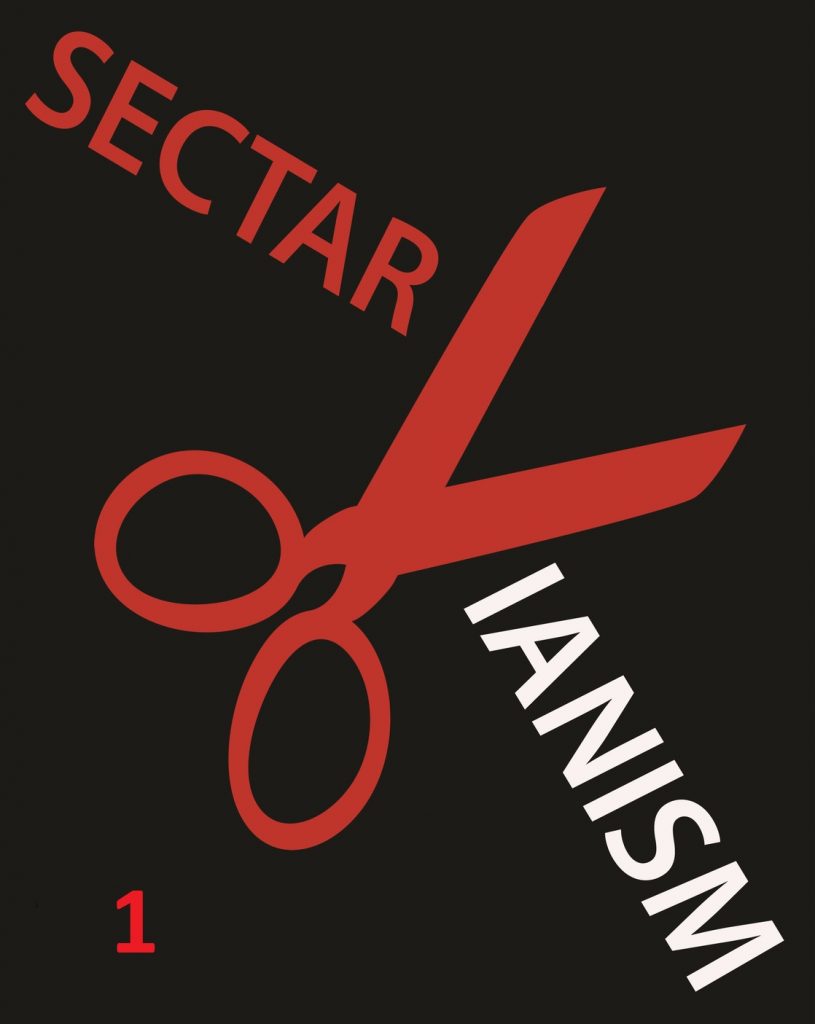
Shia Community Engaging Other Muslims in British Universities

- Shiism and sectarianism:
Emanuelle Degli Esposti and Alison Scott-Baumann in their paper, fighting for “Justice”, engaging the other: Shia Muslim Activism on the British University Campus, have charted the emergence and evolution of Shia Islamic societies on British university campuses from spaces of minority representation to platforms for public engagement and activism. In particular, they have emphasized the ways in which such forms of activism are under-girded by a discursive suturing of Shia theology and ethical subject formation with global liberal humanitarian discourses of justice, equality, and minority rights. We will cover the content of this article through a series of blog posts to know more about the difficulties the concept of Shia community engaging other Muslims can create.
One of the key research findings is that despite the religious foundations of Shia student organizations in Britain, much of the publicly-geared activism currently being undertaken by Shia students does not have an explicitly religious component, but rather is reflective of contemporary discourses of secularism and liberal humanitarianism. This is especially the case in examples of campaigns that explicitly target non-Muslims on campus. Furthermore, those campaigns that do contain a religious component often do so in ways that either implicitly or explicitly seek to contrast Shia Islam with (certain forms of) Sunni Islam and this leads to a challenge on the way of Shia community engaging other Muslims. In the contemporary British context, such discursive positioning can be understood both as an attempt to articulate a coherent vision of Shia identity, as well as an attempt to distance a secularized, humanist vision of Shia Islam from the negative connotations of Sunni extremism in Britain.
In this sense, such examples of Shia activism, in which a Universalist Shia identity is articulated in contrast to negative stereotypes of radical or extremist Sunni Islam, can be understood as productive of a sectarianism Shia subject. While eschewing primordialist or essentialist understanding of sectarianism as a natural product of underlying ethno-religious “sects”, we are equally concerned to distance ourselves from any kind of normative characterization of sectarianism as a necessarily “bad” thing. Rather, the term “sectarianism” should be understood as a fundamentally descriptive category; one that highlights processes of identity formation and mobilization in which certain kinds of in- and out-group identity boundaries are prioritized over others. In this way, identity discourses that work to construct the category of “Shia” as conceptually and empirically distinct from the category of “Sunni” (and vice-versa) are necessarily sectarian, no matter what their normative or emotive content. Such a characterization of sectarianism has theoretical and analytical implications for the study of religious and ethnic minorities, and, crucially, it is our contention that positive affirmations of in-group identities (e.g., “I am Shia”) can unconsciously work to foster antagonisms for those who fall outside the parameters of such boundaries (i.e., “Sunnis”, “non-Muslims”, etc.). In this sense, sectarianism should be understood as an unconscious and socially-produced discursive by-product of Shia-specific identity construction, and not as a conscious move towards antagonism or violence between Shias and Sunnis (though it may potentially lead to such conflict).
Taken from “Fighting for “Justice”, Engaging the Other: Shi’a Muslim Activism on the British University Campus”
By: Emanuelle Degli Esposti and Alison Scott-Baumann, 2019
Increasing the visibility of Shia Community in Britain - Shia Tent
April 27, 2021 at 1:43 pm[…] The second part of the article “Fighting for “Justice”, engaging the other” focuses on the difficulties students from Shia community in Britain come across when they want Shiism to be seen more. The first part of this article was discussed in the previous post. […]